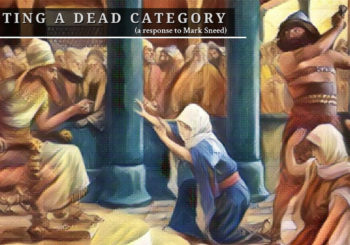The Meaning of Life in Ecclesiastes
Abstract
Attending to ongoing debates about the meaning of life in Ecclesiastes, this article determines how Qoheleth addressed meaningfulness by drawing on a threefold scheme of definitions for life’s meaning. These definitions are derived from psychological research and used to argue that all three conceptions appear within the book of Ecclesiastes. Qoheleth was primarily concerned with life’s “coherence,” which depends on predictable and reliable patterns in life that render it sensible, yet he also addressed life’s “purpose” and “significance.” While primarily determining how these three forms of meaning, along with their attendant ideas, are handled within Ecclesiastes itself, this article also demonstrates how resources from psychological research help to resolve debates among biblical interpreters, who agree far more than it at first appears once clearer definitions of “meaning” are employed.
Arthur Keefer, “The Meaning of Life in Ecclesiastes: Coherence, Purpose, and Significance from a Psychological Perspective,” Harvard Theological Review, 2019.
Keefer is a schoolmaster and chaplain at Eton College, where he teaches theology, philosophy, and religion. His research focuses on the interpretation of the Hebrew Bible within its ancient Near Eastern context, as well as its relation to ancient and contemporary philosophy.
Did you enjoy this article? Read more scholarship from the CHT.




